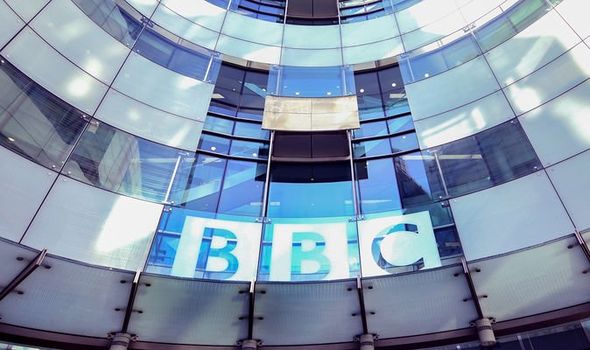I have raised concerns about BBC commissioning processes in Parliament on a number of occasions over several years. At the core of this are the issues of transparency and fairness. For example I campaigned over a period of years for the salaries of BBC on screen figures in receipt of large salaries from the licence fee (public money in other words) to be published. Initially the BBC implemented a ludicrously wide salary ‘band’ concept where the public were left to guess if employees were paid anywhere in the range of £300,001 to £349.999 for example. Eventually they were forced to use narrower banding which gave a more precise figure of what we the licence fee payers are having to pay the BBC employees. If we the public are forced to pay for BBC services we are entitled to know how much its major employees earn, this is especially so when huge six and seven figure annual salaries are concerned.
One area of significant concern at the moment is that of programme making, especially where BBC employees are the owners of production companies and who seek contracts to make programmes for the BBC. Several employees, already on very high salaries are able to earn significant extra sums which we are not told about.
There remains a cloud over contracts awarded in the last decade. BBC commissioning contracts should be published after they have ended. There is also the very concerning issue of highly paid bbc employees who also have their own private companies that bid for, and get, commissioned projects which they can then advertise on their bbc programmes which obviously puts them at an advantage compared to independent programme makers who cannot avail of this ‘additional’ advertising. This can add listening and viewing figures to the commissioned programme which then places the same company/presenter in an advantageous position when the next bidding round of commissioning begins. In effect this makes it more difficult for independent production companies to compete on a level playing field when wanting to bring innovative and creative productions tour screens via the BBC.
The Corporation should be much more open and transparent about how licence fee money is spent. The Director General has already committed the BBC to openness regarding ‘outside earnings’ of already well paid employees. He needs to address this problem in the same context. I will continue to shine a light on its operations and demand the same openness from the BBC that it demands of so many other organisations.
BBC commissioning contracts should be published after they have ended, argues Gregory Campbell MP

Gregory Campbell MP
Gregory Campbell was first elected to Londonderry City Council in 1981 until he stepped down in March 2011. During this time, he served as the DUP Group Leader on the Council. He was also elected to the 1982 Northern Ireland Assembly and the Northern Ireland Forum for Political Dialogue in 1996. He has been the Security spokesman for the DUP since 1994.
Subsequently elected as a member of the Northern Ireland Assembly in 1998 and re-elected on each occasion since. He served as the Minister for Regional Development from July 2000 until September 2001. He also served as the Minister for Culture, Arts and Leisure from June 2008 until June 2009. He remained a member of the Assembly until he stepped down at the 2016 Assembly election. Elected as the MP for East Londonderry in 2001 and re-elected in 2005, 2010, 2015, 2017 and 2019. He is currently the DUP spokesperson on International Development and the Cabinet Office.

